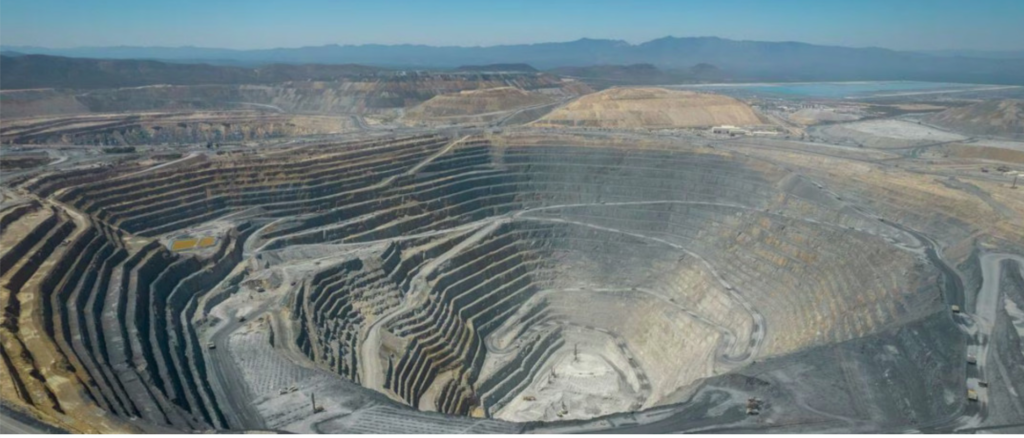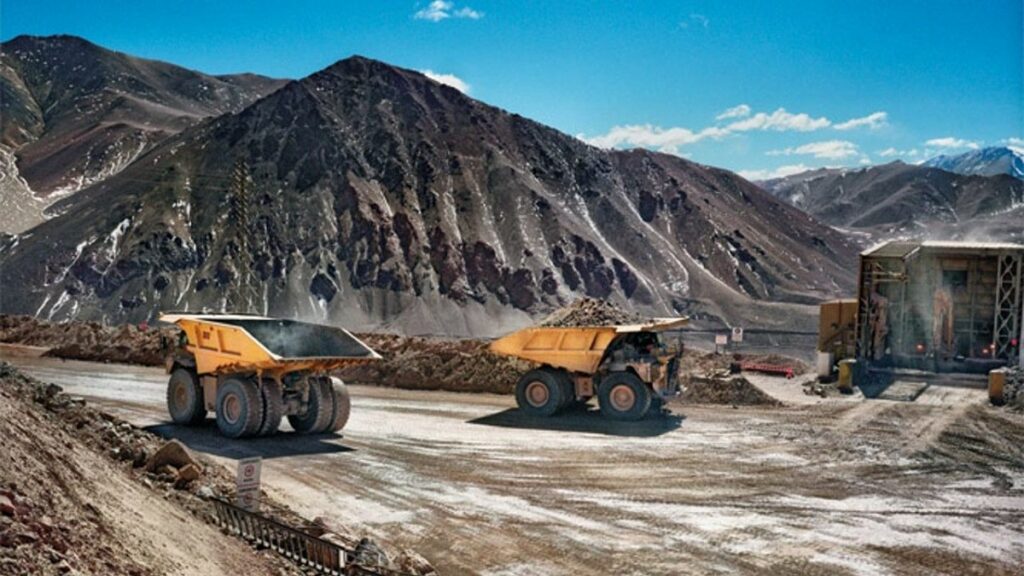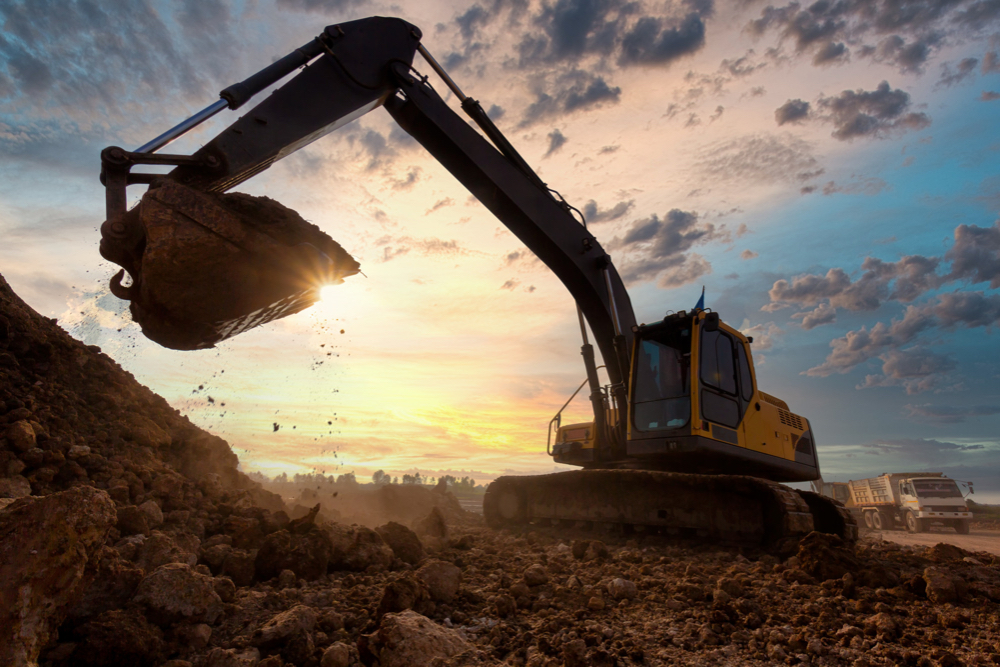Renata Bessi

President Andrés Manuel López Obrador published, on May 8th in the Official Gazette of the Federation (DOF), the reforms to the Mining, National Waters, Ecological Balance and Environmental Protection, and Prevention and Integral Waste Management Laws, approved on April 28 by the Plenary of the Senate of the Republic.
While the changes were celebrated by many environmental activists and organizations, the agrarian lawyer who is part of the legal team of the National Indigenous Congress (CNI), Carlos González, classified the reforms as “half-baked.”
“There is no room for half-measures. A deep and committed policy is needed. It is necessary to commit ourselves in a serious and decisive manner. Because humanity and life on this planet are really at risk,” he declared during the International Meeting The South Resists, at the Indigenous Center for Integral Training (Cideci), in Chiapas.
One of the “half” changes is the reduction of the duration of mining concessions from 100 to 80 years. The original text of the reform, sent by the Executive for approval by the Congress of the Nation, had previously provided for the reduction to 30 years.
“The President sent to Congress an initiative that, it must be said, contained important elements to restrict mining activity and to put limits on mining companies,” admits the lawyer.
However, the bill reached the Chamber of Deputies and was stopped. “Negotiations began with the Mining Chamber. Lobbyists from the Canadian government came. And the initiative was changed,” he says.
At this moment the President of the Republic is distancing himself from the legislative debate, he pointed out. “He got Covid-19 and the debate in the press was whether he had passed out or not, while this important mining initiative was being torn apart. They didn’t defend it, neither the president, nor those who represent him,” he added.
Contrary to the initial text, it was accepted that mining companies may continue to use the working water by simply giving “notice to the National Water Commission (Conagua) and that the rights for that water are granted” as stated in the text of the reform.
“When there is a mining operation, what happens is that the ground is broken, but when the earth is furrowed by water veins, these waters are released and this is the working water. And it is this water that the mining companies take advantage of and will continue to take advantage of without a concession,” explains González.
The percentage of the mining companies’ profit to be allocated to the communities was reduced from 10% to 7%. This percentage is on the amount that is fiscally proven by the mining companies. “Now we are going to ask if a cartel that is mining in the south of Jalisco, in Michoacán, in Colima, in Guerrero, in Oaxaca is going to pay taxes. They don’t even need a concession to operate,” the lawyer points out.
Another change is that concessions may include two or more minerals or substances, while the previous proposal allowed the mining of only one mineral. The objective was to have greater control over the production of resources.
The reform does not apply to concessions already granted, so only future permits will be subject to the new rules. Existing concessions total 120 million hectares, equivalent to 60% of the national territory.
More Control
The reform removed the preferential nature of mining over any other use or utilization of the land. Thus, the exploration, exploitation and processing of minerals will no longer be imposed over any other activity that the communities are developing in their territory, be it housing, agriculture or forestry. It also prohibits concessions in protected natural areas.
Another positive change was the end of the “free land” figure. Under the old law, “with the exception of the areas considered as mining reserves, which are very few, the entire national territory was considered free land. The first one to arrive and bid became a concessionaire,” explains Jorge Pelaez, coordinator of the Legal Clinic for Environmental Justice at the Ibero, member of the Cambiemos la Ya campaign.
The coordinator explains that the Mexican Geological Service (SGM) is strengthened by granting it a monopoly on exploration to the detriment of private companies.
However, “the person who has information from which it can be inferred that in an unassigned or concessioned lot there are minerals or substances that are not strategic or reserved to the State, can present it to the Secretary (of Economy) so that it can determine the advisability of ordering the Mexican Geological Service to carry out the exploration,” says the text of the reform.

The SGM may enter into a collaboration agreement with such party for the exploration of the lot, with a term of up to five years. If it is determined that there are usable minerals, a bidding process may be carried out to grant the concession.
It also becomes mandatory to consult with the peoples and communities before granting concessions on indigenous territories. Lawyer Gonzalez maintains that what exists in terms of the right to free, prior and informed consultation is contradictory jurisprudence and case law.
“One day they favor the people, the next day they do not. They have turned it into the main right of our peoples. This is how they have presented it: the right to consultation over the rights that are substantive, the right to territory and the right to autonomy. The right to consultation is an adjective right. Its central purpose is to allow States and business corporations to reach an agreement with the peoples to implement policies that are in their interest,” analyzes the lawyer.
Mining companies will also have to submit to Semarnat a mine restoration and closure program, a requirement that did not exist in the old law.
Important for the economy?
The Cambiemos La Ya (Let’s Change it Now) campaign made a study in the public reports of the Ministry of Finance on the economic, financial and debt situation, since 2019, of the mining sector. “The contribution that the mining sector has to public finances is minimal,” says Beatriz Oliveira, who is part of the campaign.

In the year 2019, the percentage of tax collection of the mining sector with respect to the general collection in Mexico as a whole was 0.13%. In 2020, it was 0.32%. In 2021, 0.97%. “Mining in general, with all the tax contributions it makes does not reach 1% of all federal government revenues,” Oliveira argues.
In relation to income tax, in 2019, it contributed 1.41% of the total collected by the Mexican state. In 2020, 1.37%. In 2021, 2.86%. “There is also no substantive income tax contribution,” Oliveira comments.
A mining company pays to the public treasury per hectare, to have the right to mine, 8 pesos for the first year. Second year, 12 pesos. “That’s what the law says,” says Oliveira. The maximum is 176 pesos.
Poverty
As for what is considered local development, of the 21 municipalities that are classified as gold producing centers, in 10 of them the population lives in conditions that exceed the national poverty levels, as revealed by the data presented by Oliveira.
Original article published by Avispa Midia on May 16th, 2023. https://avispa.org/en-mexico-reforma-a-la-ley-minera-hecha-a-medias/
English translation by Schools for Chiapas.
